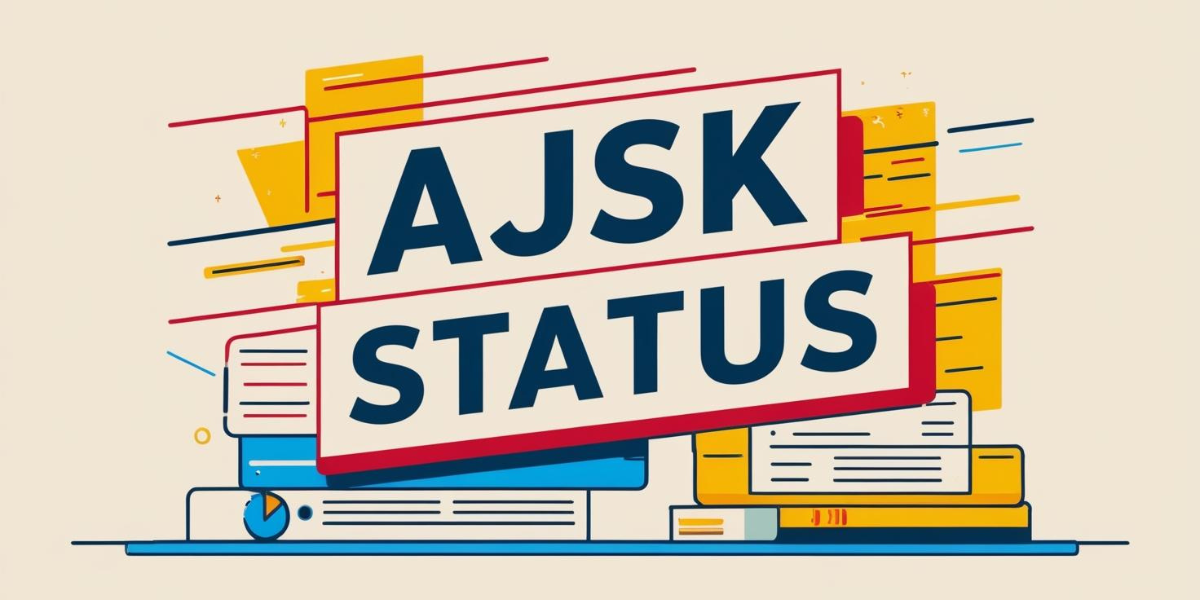Experiencing a car accident can be overwhelming. In Wisconsin, knowing the right steps to take can help you stay calm and protect your rights. First, check for injuries and ensure everyone’s safety. Next, call 911. Even minor accidents need a police report. Exchange information with the other driver. Take photos of the scene and damage. These actions support future claims and legal processes. Contact your insurance company promptly. They will guide you on the next steps. If you feel unsure, consider seeking legal advice. A Milwaukee car accident lawyer can offer insights tailored to Wisconsin laws and help navigate any complexities. Remember, addressing these matters promptly after the accident is crucial. This approach ensures your rights are upheld and reduces the stress in the aftermath. Understanding these steps gives you peace of mind and helps you manage the situation effectively. Stay informed, and take control.
Gather Essential Information
Right after the accident, focus on collecting crucial details. Write down the names, contact numbers, and insurance information of everyone involved. Note the vehicle makes, models, and license plates. Get contact information from any witnesses. These details strengthen your case if disputes arise later.
Document the Scene
Photos and videos provide vital evidence. Capture the scene, vehicle positions, and any visible damages. Include traffic signs or signals nearby. These images help clarify the events during insurance claims or legal consultations.
Contact Your Insurance Company
Your insurance company needs to know about the accident as soon as possible. Reporting promptly ensures they provide necessary support and guidance. Follow their instructions on filing claims and understanding your coverage. For further reading on what to include in a report, visit the Wisconsin Department of Health Services’ guide.
Seek Medical Attention
Even if you feel uninjured, see a doctor. Some injuries may not show immediate symptoms. Prompt medical evaluations are critical for health and insurance claims. Ensure you keep all medical records and receipts.
Legal Considerations
If you find yourself confused by legal jargon, a professional can help. Consulting with a car accident lawyer ensures your rights are protected. They can help interpret specific laws and reduce the stress of legal proceedings.
Track Your Expenses
Keeping a detailed record of accident-related costs is vital. Include medical bills, repair costs, and any out-of-pocket expenses. This documentation supports insurance claims and ensures you receive fair compensation.
Understanding Your Insurance Claim
Understanding the insurance claim process helps you manage expectations. Below is a comparison table of key elements often involved.
| Aspect | Description |
| Reporting | Contact the insurer immediately after the accident. |
| Assessment | Insurance company assesses damage through adjusters. |
| Filing a Claim | Submit required documentation and forms. |
| Resolution | Receiving settlement or further negotiation. |
Stay Informed About State Laws
Knowing Wisconsin’s traffic and accident laws is helpful. For detailed guidelines, consult the Wisconsin Department of Transportation’s safety resources. Understanding local laws can reduce anxiety and ensure compliance.
Emotional Recovery
Accidents can be stressful. Talk with family or a counselor. Emotional support aids recovery and helps you process the experience. Remember, taking care of your mental well-being is as important as physical recovery.
Conclusion
Handling a car accident requires a series of actions. Prioritize safety, gather information, and seek professional advice when needed. By following these steps, you can navigate the situation with confidence and ensure your rights are respected. Knowledge and preparation are your best allies.



